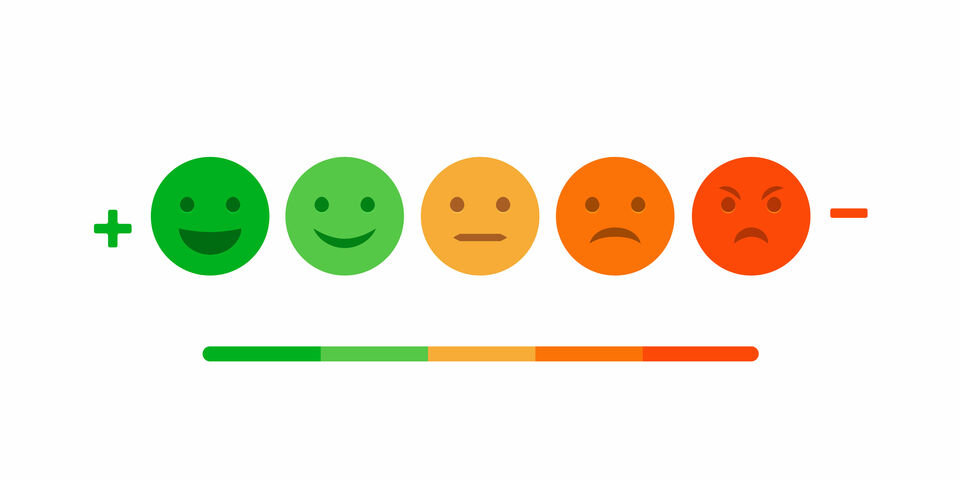Universities of Applied Sciences no longer part of National Student Survey
Universities of Applied Sciences will no longer participate in the National Student Survey (NSE) 2019. The new privacy law has led to mistakes that undermine the survey’s reliability, they say. Universities hold a different view and continue to participate.
After the General Data Protection Regulation (GDPR) became effective in May 2018, educational institutions are no longer allowed to provide third parties with information that can be traced to individuals. This has a serious impact on the National Student Survey (NSE), the nationwide satisfaction survey commissioned by website Studiekeuze123 that is also used by the Dutch Higher Education Guide and the Elsevier Best Study Guide.
Mistakes
In the past, the names and study choices of between two and three hundred thousand students could be deduced from pre-filled surveys. But this year’s survey demands for the first time that the students fill out this information themselves. This has led to mistakes that made the NSE unusable this year, according to the Netherlands Association of Universities of Applied Sciences (VH).
What went wrong? In some cases, students were unable to click on their study program in a special pull-down menu. “Some of our students this year supposedly followed Master’s programs that we don’t even offer,” says Paul Rüpp,President of the Executive Board of Avans University of Applied Sciences. “And almost ten percent of our students failed to indicate which study program they follow.”
Last year Rüpp urged the VH to ask students in advance for permission to allow educational institutions to pass on their data, but according to Studiekeuze123 there was insufficient time. “When it became clear that things had gone wrong, we discussed possible solutions with Studiekeuze123,” Rüpp says. “One such solution was to ask students for permission retroactively, but that did not seem like the best course of action to us. That is why the universities of applied sciences eventually decided to focus on 2020. Because we do believe that the NSE is very important.”
Repair
Studiekeuze123 spokesman Gert-Jan Bos acknowledges the survey’s shortcomings and understands the position of the Netherlands Association of Universities of Applied Sciences. Nevertheless, he expects the survey’s failings can be repaired. Studiekeuze123 and the Association of Universities in the Netherlands (VSNU) agreed to prolong the survey with another two weeks and to link the student data to the correct study program.
One way to accomplish this is by using email addresses, but only of students who did not wish to remain anonymous. The data protection officers of the universities will monitor whether this is in accordance with the GDRP.
VSNU spokesman Bart Pierik confirms that the universities are keen to use the survey for 2019. “Over two hundred thousand students already filled in the survey. We trust that we can make it reliable again.”
Angry
Student organizations are disappointed. “We are angry,” says chairwoman of the Dutch student union (LSVb) Carline van Breugel. “The universities of applied sciences give up far too easily. We value the privacy of students, but we believe a solution for the 2019 survey can still be found.”
Tom van den Brink, chairman of the Inter-city Student Consultation (ISO), also regrets the decision made by the universities of applied sciences. “We need to do everything we can to make the NSE available to universities and universities of applied sciences by 2020. In our view, the minister should provide a legal basis for this.”
The house of representatives is surprised that the universities of applied sciences decided not to take part in the survey any longer. Socialist party SP asked for a debate, and liberal party VVD wants the minister to make participation in the NSE mandatory for educational institutions.


Discussion